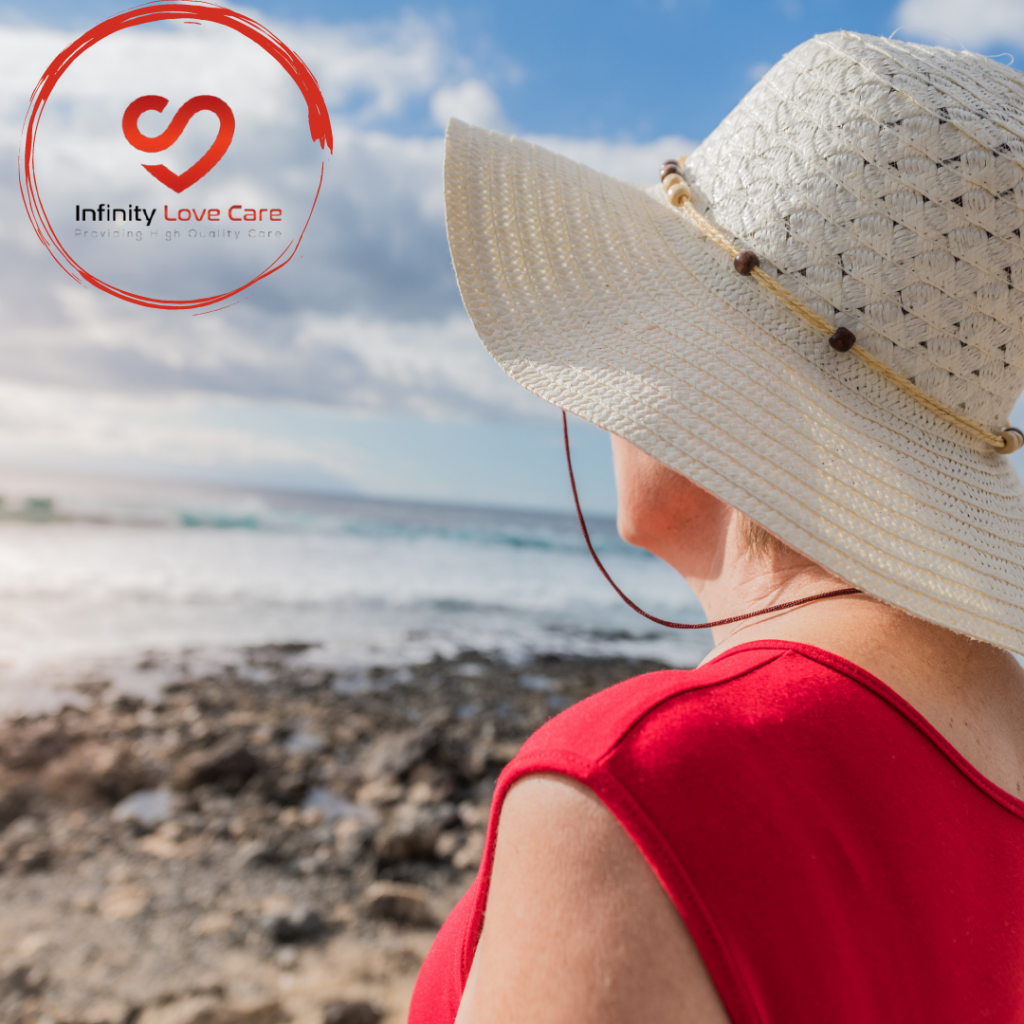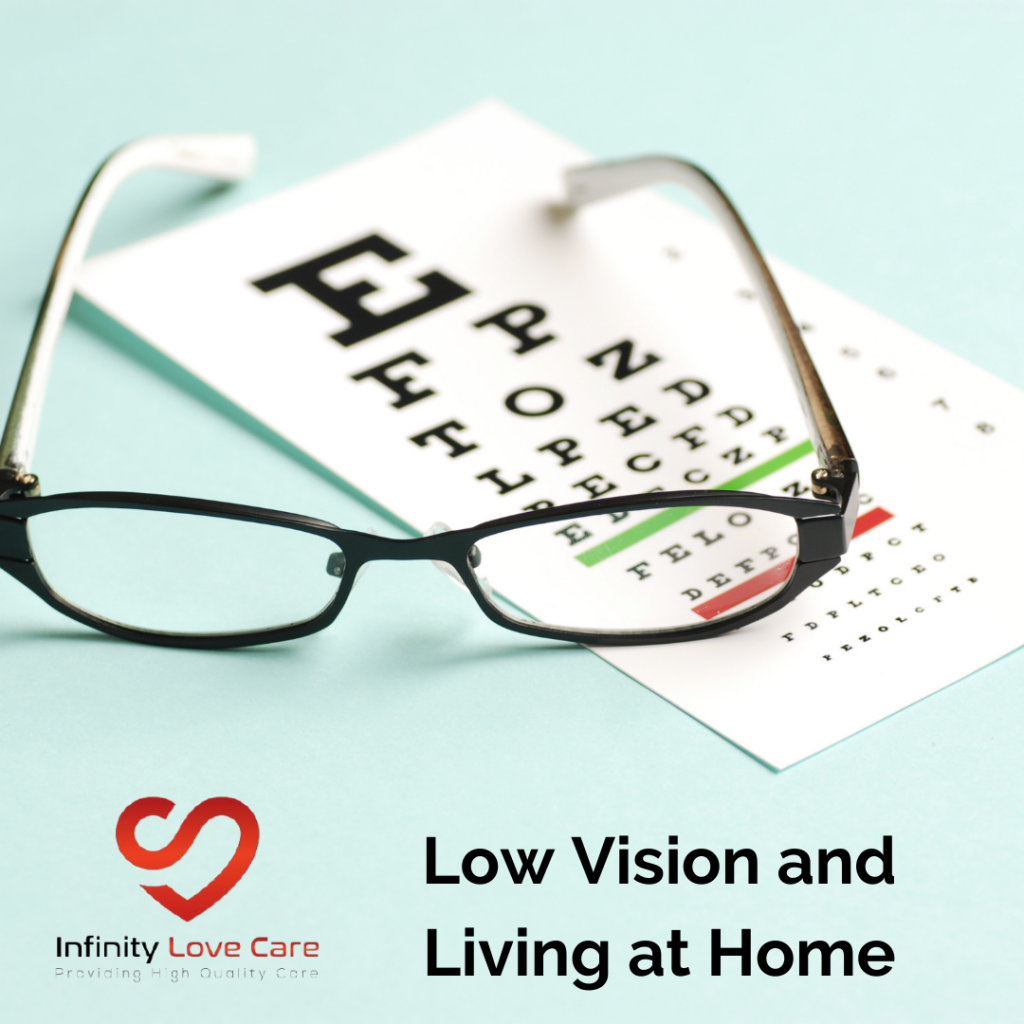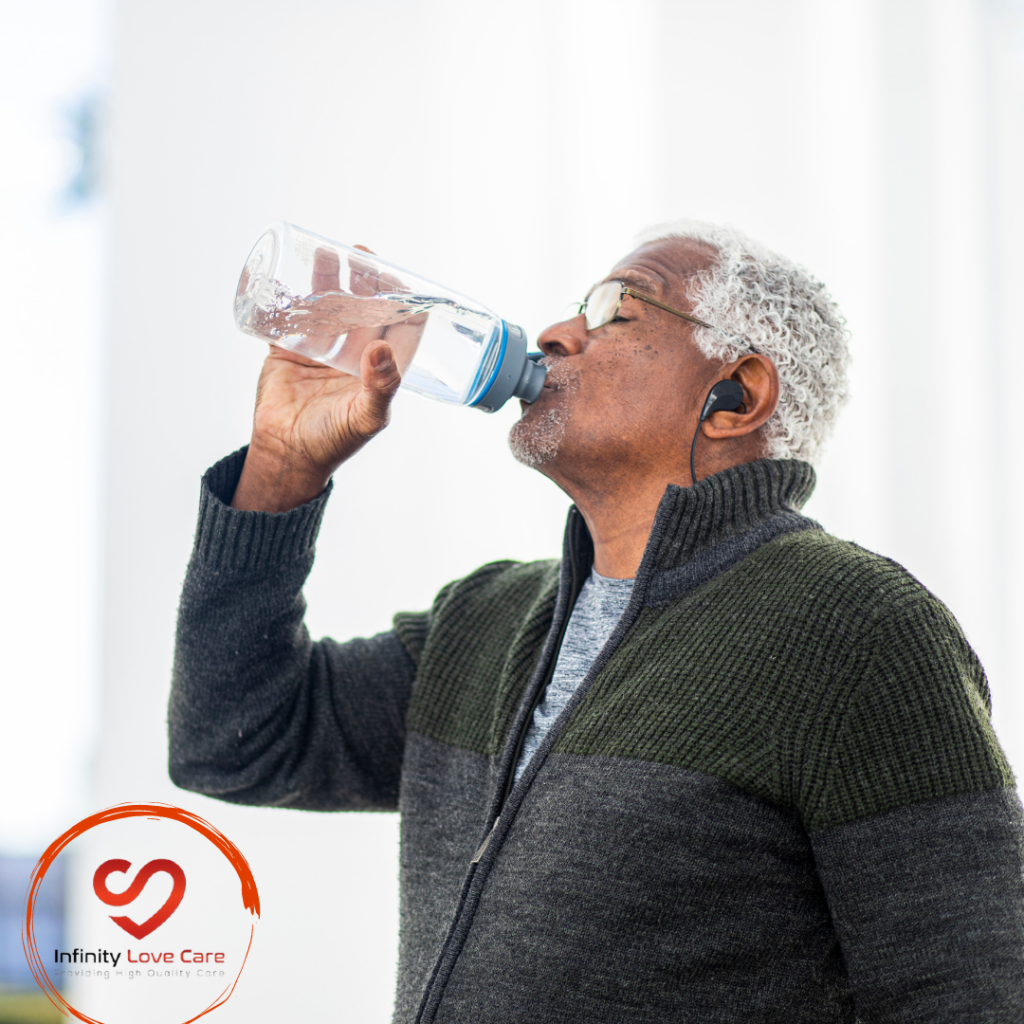June marks the official start of the summer season which means warmer temperatures, more daylight, and a lot more humidity. While the summer is a season full of family get-togethers, ice cream trucks, and vacations, it is also a season that can be especially dangerous for seniors. Here are a few safety tips for you to ensure your senior loved one stays healthy this season.
Check that Air Conditioning
Air conditioning is the best way to keep your loved one’s home nice and cool. However, air conditioning is only effective if it is working and if it is running. If you haven’t already, have someone come out to inspect your loved one’s air conditioning system. If your loved one rents, contact the landlord or property manager to make sure an inspection is done sooner than later. Once you are confident that the air conditioning system is working, you can focus on making sure your loved one is using it.
While some older adults have no qualms about turning on their air conditioning all summer long, others are hesitant. If your loved one is worried about energy bills rising during the summer, connect with your city’s senior services agency to learn if they are eligible for LIHEAP (Low Income Home Energy Assistance Program) or other programs that can offset the cost. If possible, consider installing a smart thermostat in the home so that you can monitor the temperature and adjust it as needed right from your smartphone.
Rearrange the Closet
Summertime is not the season for heavy wool cardigans or sweaters. In fact, overheating due to seasonally inappropriate clothing can happen quickly and with serious consequences. While it is common for older adults to naturally feel colder than their younger peers, you can reduce the risk of overheating by taking a few hours one afternoon to switch out their closets for summer. Move the heavy sweaters, sweat pants, and wool items to the back of the closet and move the lighter weight items to the front. This will make it easier for them to dress for the warm weather.
Plan for Heading Outside
When your loved one heads out for their morning walk or to run errands with a friend, encourage them to plan for summer safety. Add a reusable water bottle to their purse or bag and keep sunscreen near the front door. Encourage them to use a wide-brimmed hat to keep the sun off their face as well, ensuring they stay as cool as possible while on their trip out of the house.

Watch the Time
Finally, encourage your loved one to spend their time outside in the mornings or evenings. The hottest parts of the day are between the hours of 10am and 2pm, making these hours the most dangerous for heat-related illnesses. You can help reinforce this by planning family gatherings around these times so that you can be sure your loved one will be cool and safe.
Know Signs of Heat-Related Illnesses
Finally, be sure you and your loved one know the signs of heat-related illness. Seniors can present different symptoms than their younger peers, especially when it comes to dehydration or heat exhaustion. Watch for symptoms like sudden confusion, fatigue, muscle cramping, or stomachache, and head indoors to cool off immediately.
At Lovebird HomeCare, we are sure to bring the excitement and traditions of summer to our clients without the extra heat-related dangers. Call us today to learn more about how our services can keep your loved one safer this season.




